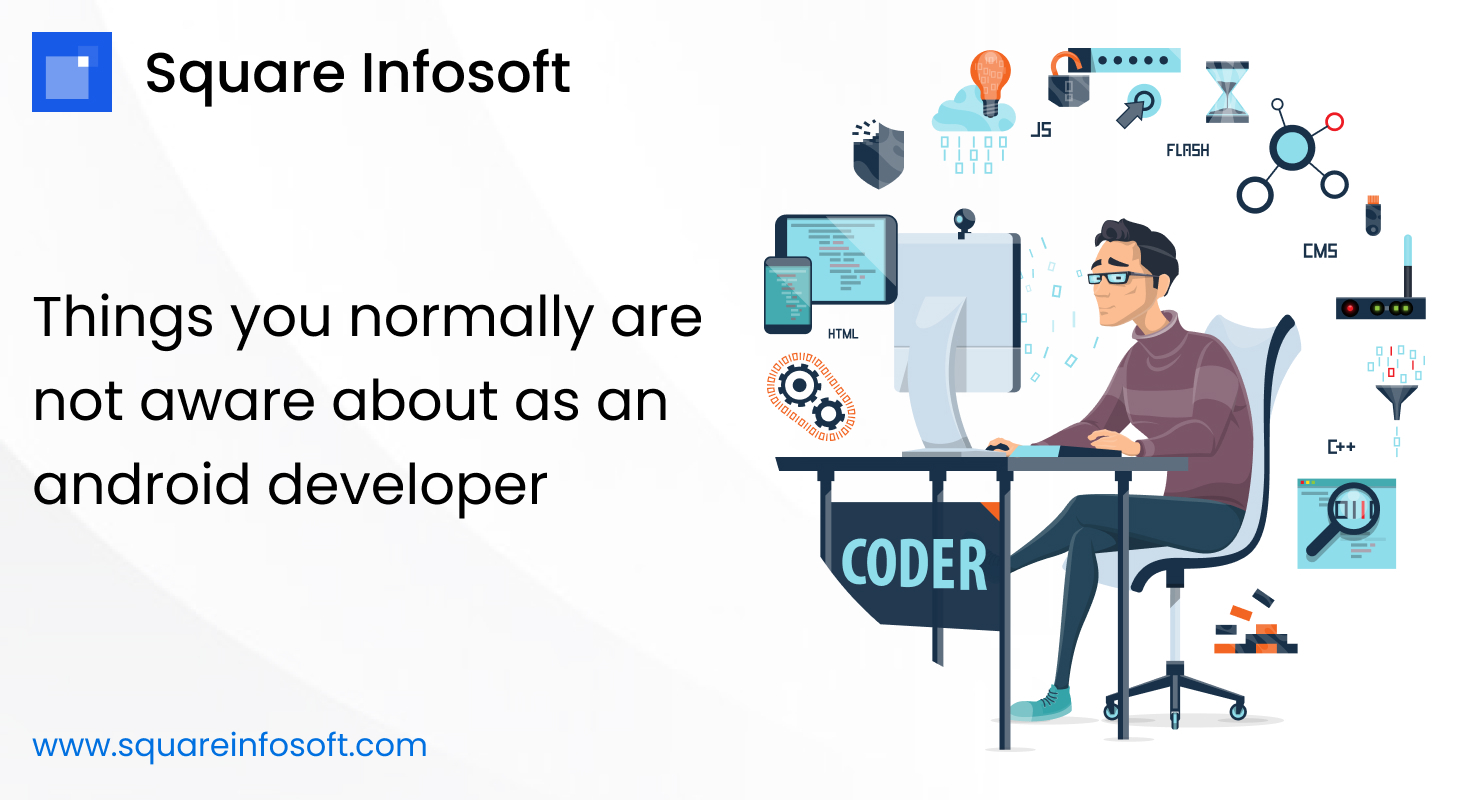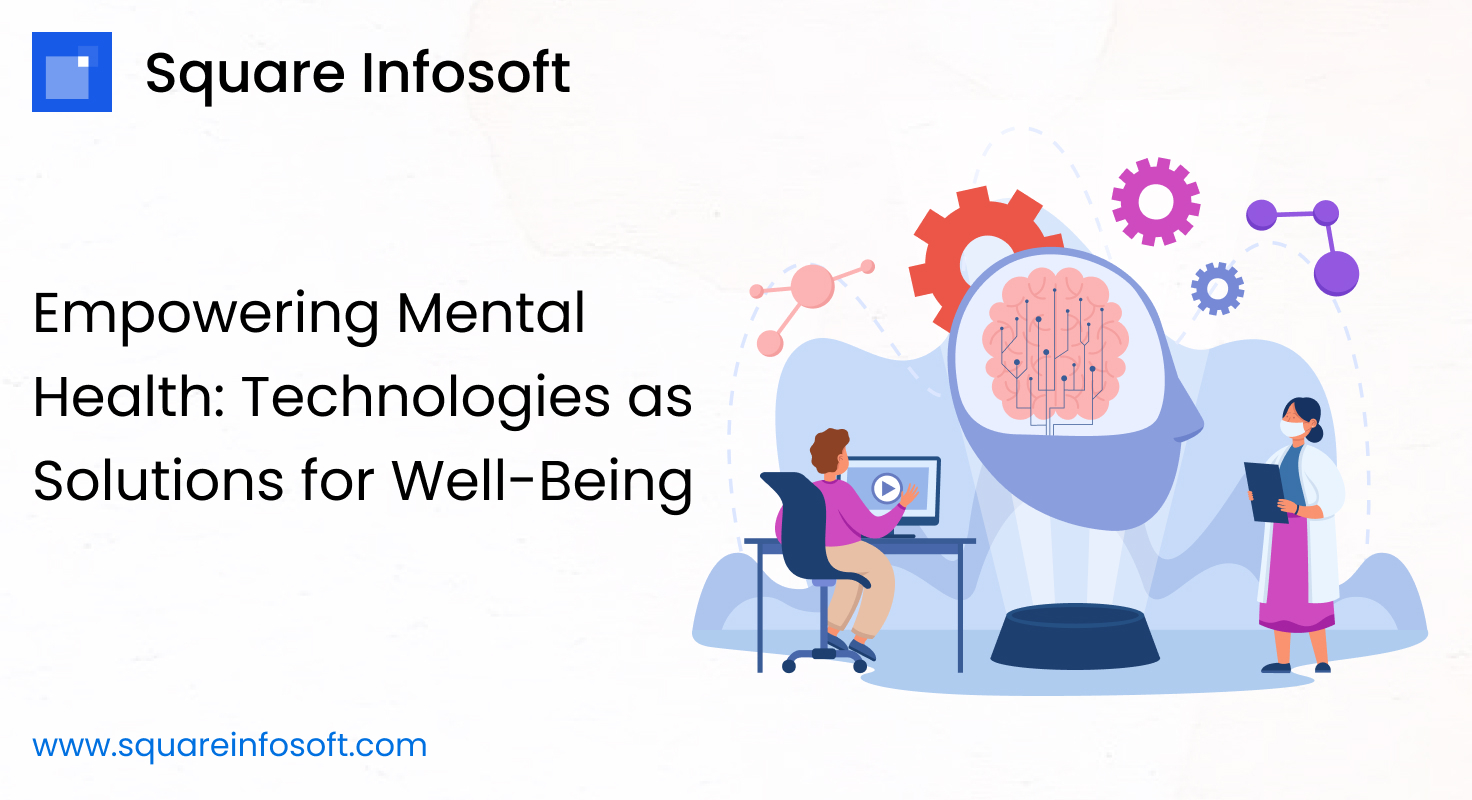As an Android developer, there are several things you might not typically be aware of, as they are outside the scope of your immediate development tasks. Here are some examples:
- Hardware Manufacturing: Android developers usually focus on software development and user interfaces, but they may not be directly involved in the hardware manufacturing process of Android devices, such as the intricate details of chip design, battery technology, or the assembly of physical components.
- Supply Chain Management: Developers typically don’t have to deal with the logistics and supply chain aspects of getting Android devices into the hands of consumers, including distribution, shipping, and retail management.
- Carrier-specific Testing and Certifications: Different carriers and regions may have specific requirements or certifications for Android devices to work optimally on their networks. This involves testing and compliance with carrier-specific standards, which falls under the responsibilities of the device manufacturer.
- Legal and Regulatory Compliance: Android developers are generally not directly involved in legal matters such as patents, trademarks, or other intellectual property issues related to the hardware or device’s design.
- Marketing and Sales: While developers contribute to the app’s success through the quality of their work, they may not be directly involved in marketing strategies, pricing decisions, or sales negotiations related to the Android device itself.
- Firmware Updates and Maintenance: After an Android device is released, ongoing firmware updates, security patches, and maintenance might be handled by a separate team within the device manufacturer or service provider.
- Device Testing and Certification: Preparing an Android device for the market often involves rigorous testing, including performance testing, compatibility testing, and obtaining certifications like Google Mobile Services (GMS) certification. This is usually conducted by dedicated testing teams.
- Hardware-specific Drivers: Android developers typically interact with higher-level APIs and libraries, but they might not be involved in developing low-level hardware-specific drivers or firmware, which is done by hardware engineers.
- Reverse Engineering or Security Analysis: Although security-conscious developers may implement security measures within their apps, deep reverse engineering or security analysis of the entire system is usually conducted by specialized security teams.
- Internationalization and Localization: While Android developers may implement internationalization and localization in their apps, they might not be fully aware of the complexities involved in localizing an entire device for various regions and languages.
- Remember, these aspects can vary based on the organization’s structure and the size of the development team. Larger companies might have dedicated teams or departments handling these tasks, while in smaller companies, there could be some overlap or collaboration between different roles.




